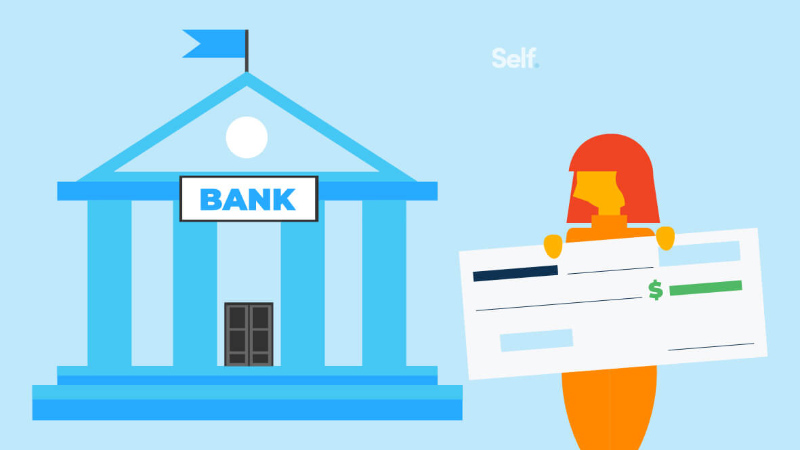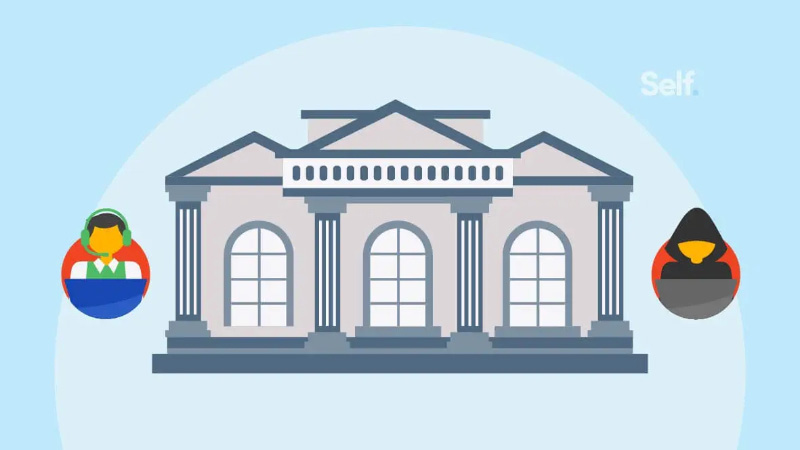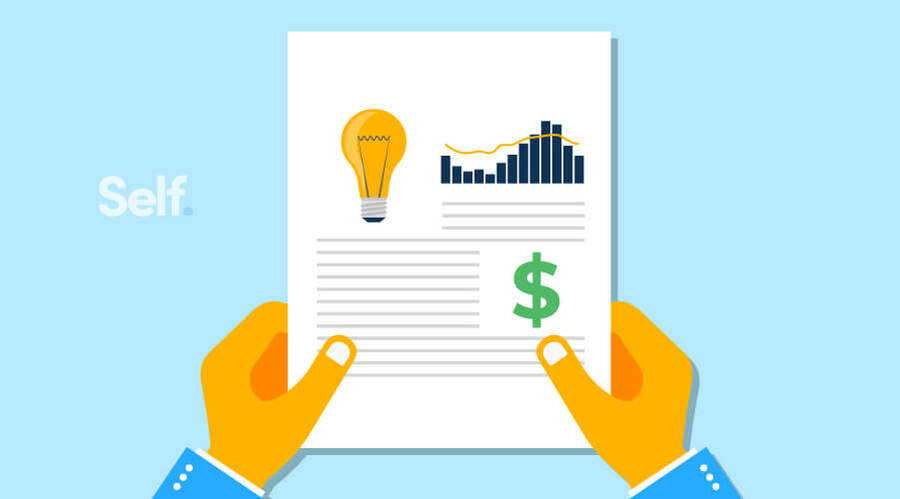How to Remove CMRE from Your Credit Report
February 16, 2026
CMRE Financial Services provides debt collection and management services to healthcare providers such as hospitals, dental practices, and ambulance services.
Read more.Personal Finance Blog
 How Much Of My Credit Card Should I Use?
How Much Of My Credit Card Should I Use?February 12, 2026
Find out what portion of your credit card limit to use, how utilization impacts your credit score, and why carrying a balance isn’t required. Read more.
 How to Cash a Cashier's Check and Where to Do It
How to Cash a Cashier's Check and Where to Do ItFebruary 10, 2026
While cashier’s checks are issued under specific circumstances, it’s important to know where and how to cash a cashier’s check with ease. Read more.
 What Is Annual Income and How To Calculate It
What Is Annual Income and How To Calculate ItFebruary 6, 2026
What does annual income mean? Annual income is the total amount of money you have earned during a calendar year. Here is a formula to calculate your income. Read more.
 How to Increase Your Credit Score by 50 Points
How to Increase Your Credit Score by 50 PointsFebruary 4, 2026
In this post, we discuss how to raise your credit score by 50 points or more with tips on how you could make that happen and what that could mean for your credit. Read more.
 How To Check if a Loan Company Is Legitimate and Spot Scams
How To Check if a Loan Company Is Legitimate and Spot ScamsFebruary 2, 2026
If you ever are in the middle of a financial crisis and need quick capital, beware of loan scams. Here is how to check if a loan company is legitimate. Read more.
 What Is a Utility Bill and Can It Build Credit?
What Is a Utility Bill and Can It Build Credit?January 30, 2026
A utility bill is a monthly statement for essential services such as electricity, water, and gas. Learn what’s included, how they work, and tips to save money. Read more.
 What Is The 15/3 Credit Card Payment Hack And Does It Work?
What Is The 15/3 Credit Card Payment Hack And Does It Work?January 28, 2026
The 15/3 credit hack is a credit card payment trick used to help lower your credit card utilization and boost your credit score by making two payments a month. Read more.
 What Is a Credit Sweep and What to Do Instead
What Is a Credit Sweep and What to Do InsteadJanuary 26, 2026
A credit sweep may sound tempting, but there is nothing credit repair companies can do to fix your credit that you can’t fix on your own — here’s how. Read more.